Grease can accumulate on metal surfaces in the kitchen through cooking splatters and even airborne particles. It can settle on your stove hood, in your sink with dirty cookware, and more.
Fortunately, removing grease from metal does not require expensive or unusual cleaning products. Follow these methods to remove grease from metal using dish soap, vinegar, and isopropyl alcohol.
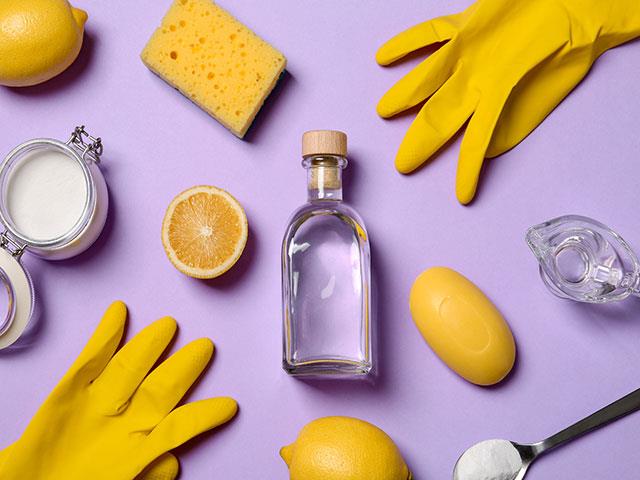
Instructions
How often to remove grease from metal
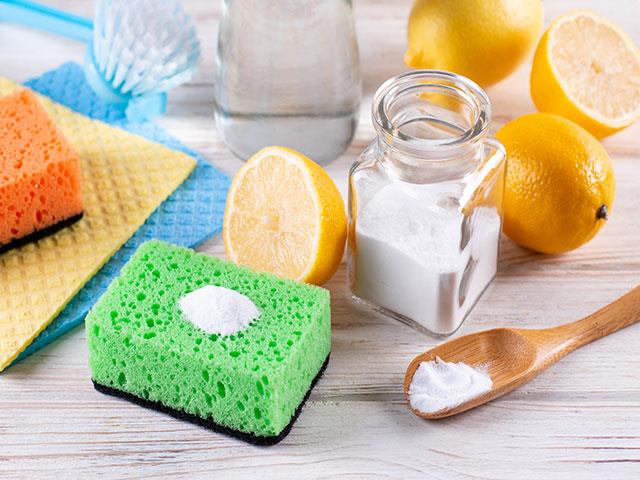
Obvious splatters on the stovetop and other surfaces should be cleaned right away to prevent grease buildup. At least weekly, clean frequently touched metal surfaces in the kitchen, such as the exteriors of the refrigerator, microwave, dishwasher, and small appliances. Oven and dishwasher interiors should be cleaned at least monthly to remove grease.
Why vinegar works as a grease remover
Vinegar is an effective all-purpose household cleaner. The acetic acid in vinegar is relatively mild, so it won't damage your metal surfaces. It's also nonabrasive. But it will still cut through grease and grime, dissolving it from the surface rather than just smearing it around as you wipe.
What you'll need
- Equipment / Tools
- Sink or container
- 2 sponges or soft cloths
- 1 microfiber cloth
- Measuring cups and spoons
Materials
- Hot water
- Dish soap
- Baking soda (optional)
- Distilled white vinegar
- Lemon (optional)
- Isopropyl alcohol
How to remove grease from metal with dish soap
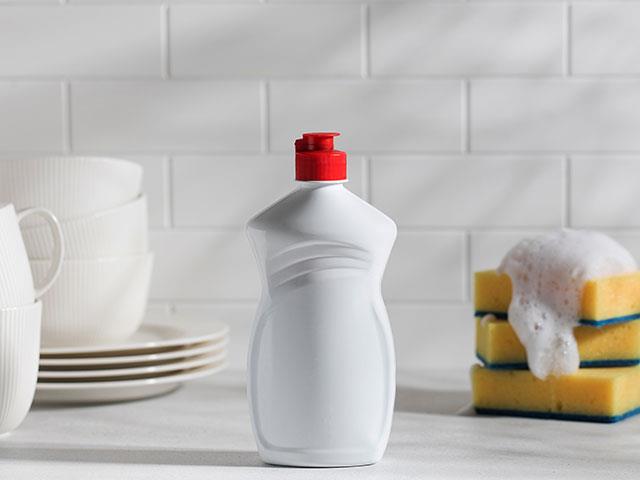
1. Mix the cleaning solution
In a sink or container, add 1 tablespoon of dish soap to 1 gallon of hot water. Note that to successfully remove greasy residue, you must use hot water. Cold water will cause the grease to solidify, making it harder to wash it away completely.
2. Wipe away the grease
Dip a sponge or soft cloth into the solution, and wring until it's not dripping. Wipe away the grease following a grid pattern or the grain of the metal, so you won't miss any areas. Rinse the sponge in the cleaning solution frequently to prevent redepositing the grease.
3. Tackle burnt food
If there is burnt food mixed with the grease that doesn't come off easily, try sprinkling some baking soda on your damp sponge or cloth and then wiping. It will act as a mild abrasive.
4. Rinse and dry
Once the surface no longer feels greasy, use a clean sponge or cloth dipped in plain warm water to rinse the metal. Finally, use a microfiber cloth to dry the metal.
How to remove grease from metal with vinegar
Mix the Cleaning Solution
In a sink or container, mix a 1-to-1 solution of distilled white vinegar and hot water. To amplify the vinegar's acidic cleaning power, you also can add the juice of one lemon per every cup of vinegar if you want.
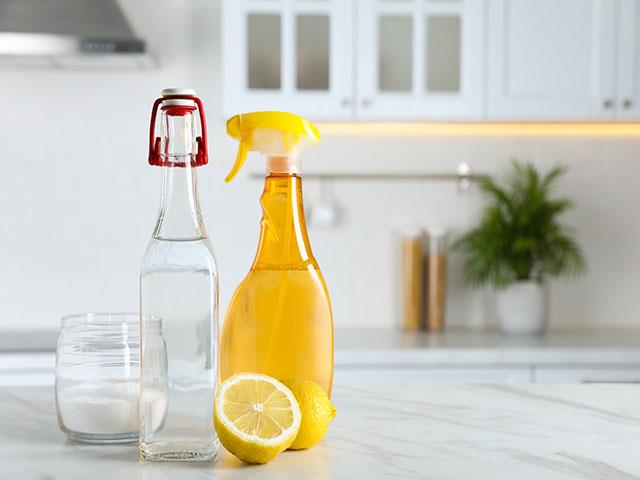
1. Wipe the grease
Dip a sponge or soft cloth in the cleaning solution (or spray the surface with the solution if you're using a spray bottle). Then, wipe away the grease.
2. Rinse and dry
Rinse the area with a clean sponge or cloth dipped in plain water, and dry the metal with a microfiber cloth.
How to remove grease with isopropyl alcohol
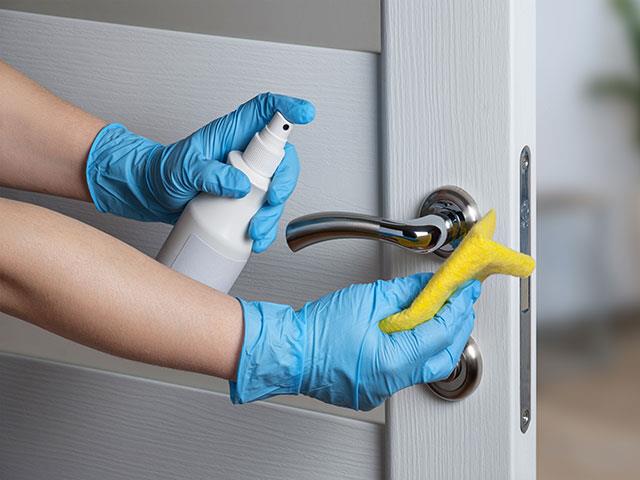
Mix the Cleaning Solution. Mix equal parts hot water and isopropyl (rubbing) alcohol in a sink or container. The alcohol will work as a solvent to cut through the grease.
Wipe the grease
Dip a clean sponge or soft cloth into the solution, and wipe away the grease.
Rinse and dry
Dip a fresh sponge or cloth in plain warm water, and rinse the area. Use a microfiber cloth to dry the metal.
Tips to keep metal surfaces grease-free longer:
- Use splatter guards or lids when cooking greasy foods on a stovetop.
- Cook foods at lower temperatures to prevent grease splatters and in the correct size pan to prevent boil-overs.
- Cover foods in the microwave to prevent splatters.
- Clean or change kitchen exhaust filters frequently.
- When using oil-based cooking sprays, spray cookware and bakeware outside or over an open dishwasher to prevent droplets from settling on metal surfaces that are more difficult to clean.
Source (TheSpruce)
Want all the latest property news and curated hot property listings sent directly to your inbox? Register for Property24’s Hot Properties, Lifestyle and Weekly Property Trends newsletters or follow us on Twitter, Instagram or Facebook.








